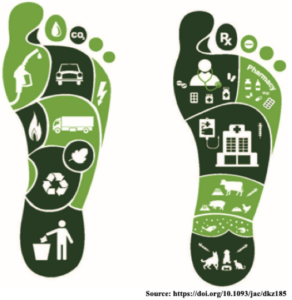Antimicrobial resistance (AMR) is a pressing global health issue that is jeopardizing the advances made by modern medicine. As per the report of the UN Interagency Coordination Group (IACG) released in 2019, drug resistance infections could cause 10 million deaths each year by 2050 and will damage the economy as catastrophic as the 2008-2009 global financial crisis. Escherichia coli (E. coli) is a diverse group of bacteria found in the intestine of humans and other warm-blooded animals. However, some of the strains of this are pathogenic, causing diarrhea transmitted through contaminated food or water. It is also a leading pathogen that causes urinary tract and bloodstream infections. The increasing rates of resistant varieties of E. Coli is a growing concern in both developed and developing countries.
The current systematic review and meta-analysis came up to evaluate and compare the health and healthcare system burden in humans among antimicrobial resistance E. Coli with susceptible E. coli infections. Regardless of the type of resistance, the study noted a significant increase in the likelihood of dying with resistant E. Coli infections compared to susceptible infections. This research facilitates in understanding the scope of the problem and its impact. The comparison allows the prioritization of research, surveillance, and funding.
To learn about the factors included and details of the study visit the website of BMC (LINK)







